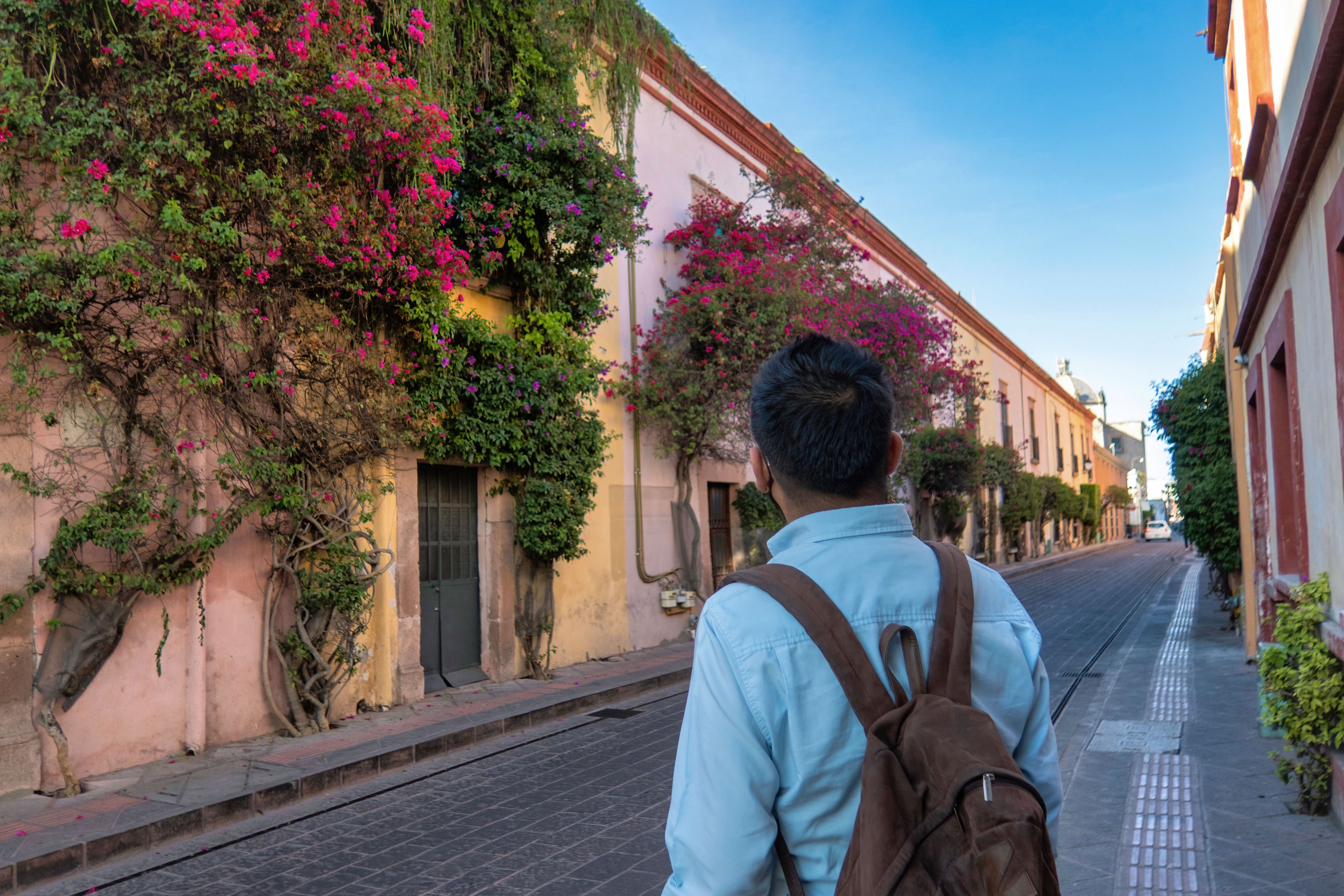Sustainability has become a key pillar for tourism development in Latin America. Businesses and destinations are beginning to adopt best practices aligned with the Sustainable Development Goals (SDGs), although challenges such as training, costs, and access to certifications still persist. This article analyzes the latest findings from the Turtech Travel 2025 study and shows how the sector is moving toward a more competitive, ethical, and resilient model.

Sustainable tourism in Latin America moving toward a responsible and competitive model.
Sustainable tourism in Latin America is gaining traction as a model for competitive, inclusive, and responsible development. A recent study published by Turtech Travel, titled “Second Edition of the Sustainability Mapping in the LATAM Travel Ecosystem – Business Version”, reveals that although many tourism businesses in the region have begun to adopt good practices, significant structural challenges still remain to achieve full transformation.
At the same time, Latin American governments and destinations are implementing innovative sustainable tourism policies, promoting digitalization, and embracing circular economy models to improve environmental management in their territories.
This article summarizes the most relevant findings of the study and offers insights into current trends, best practices in progress, and the key role of public-private cooperation in promoting more sustainable and resilient tourism in the region. Initiatives such as Biosphere, which support companies and destinations in implementing strategies aligned with the United Nations Sustainable Development Goals (SDGs), serve as examples of tools that can accelerate this transition toward a more responsible model.
Key findings from Turtech’s Second Study on Sustainable Tourism in LATAM.

1. Adoption of sustainability in the tourism sector.
The report, published in March 2025, is based on a survey conducted with 131 tourism businesses in Latin America—more than twice the number from the previous edition—reflecting a growing interest in integrating sustainability into business management.
While the commitment is evident, the results reveal a complex reality. Only 30.5% of companies consider themselves very well positioned in terms of sustainability, a significant drop from 47.2% the previous year. Meanwhile, 6.1% admit to having no presence in this area.

2. Tourist perception and certifications in progress.
Twenty-six percent of companies believe that today’s travelers value environmental impact when making travel decisions. This aligns with the fact that 50% of organizations are either in the process of validation or already certified in sustainable tourism.
However, 25% of respondents are still unaware of available certification systems, indicating a significant information gap within the sector.

3. Education and training, an unresolved priority.
One of the main challenges identified is the lack of internal training initiatives. Some 25.2% of companies report that they do not provide sustainability awareness or training for either their staff or customers. This gap hinders the consolidation of a responsible tourism culture within organizations.
Nevertheless, notable progress is being made in segments such as accommodations and tour operators, which are leading the way in sustainability training.

4. External support and certifications.
Fifty percent of businesses seek specialized consulting or public sector support to implement sustainability improvements. Additionally, 40% already hold a certification or are in the process of obtaining one.
These figures show a positive trend, though there is still a need to increase awareness of internationally recognized tools and standards, such as Biosphere certification, which offers a validated methodology for measuring and improving sustainable performance.

5. Changes in demand from the conscious traveler.
Although overall demand for sustainable products has slightly declined compared to 2023, the segment of highly committed travelers has grown. Sixty percent of accommodations surveyed report very high demand for sustainable services, establishing this trend as a key axis of differentiation and competitiveness.

6. Persistent challenges and emerging motivations.
Cost remains a barrier for many companies, which fear losing competitiveness among price-sensitive consumers. However, there are signs of change. Some 26.2% of organizations perceive that a growing segment of tourists is willing to pay more for responsible travel offerings.
To accelerate this transition, the study emphasizes the importance of strengthening public policies, expanding the availability of sustainable options from businesses, and fostering sector-wide alliances that involve all stakeholders.

Challenges and Commitments.
Sustainability is not an option—it is an unavoidable path to ensure the future of tourism in Latin America. The Turtech Travel study shows that the sector is making progress, albeit unevenly and with major challenges still to be addressed. Training, access to certifications, initial investments, and public-private collaboration emerge as essential pillars for driving real and lasting change.

Advancing toward a tourism model aligned with the Sustainable Development Goals (SDGs) requires transforming not only business practices but also traveler mindsets, public policies, and how we view tourism as a tool for economic, social, and environmental development.
In this context, Biosphere partners with businesses and destinations across Latin America to support the implementation of measurable and auditable sustainability strategies. Its approach is based on continuous improvement, aiming to foster regenerative tourism that benefits both the environment and local communities. Initiatives like these help make sustainability not just an aspiration, but an increasingly present reality in the region.













